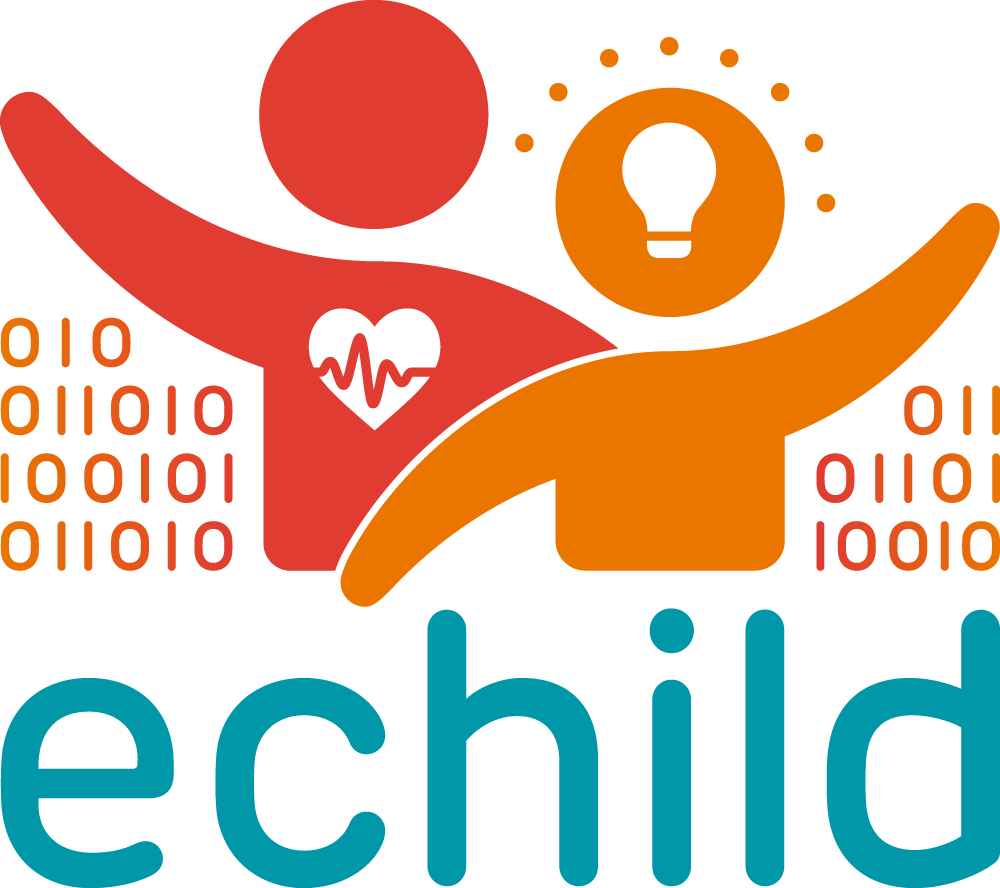
What data does ECHILD contain?
The research team at UCL has been working with the Department for Education and NHS England to create the ECHILD Database. This new database brings together information about health, education and social care for all children in England born since September 1984.
ECHILD links electronic records that are already collected by the Department for Education and NHS England in the National Pupil Database (NPD) and Hospital Episode Statistics (HES).
NPD and HES are based on information collected from hospitals and schools. For example, NPD has information about absences and HES has information about A&E attendances.
Joining this information together will help us understand how children’s education affects their health, and how health affects their education.
How ECHILD can be used for research
ECHILD includes data on all children in England born since September 1984 and followed up to their current age. This allows us to gain a detailed picture of the challenges that many children face as they grow up. Research using ECHILD will help government and the providers of services for these children to better understand their needs and to see who might be falling through the gaps.
ECHILD uses Hospital Episode Statistics (HES) (recorded whenever a person uses a hospital service), which allows us to look at hospital use by different groups of children - including planned admissions and visits to A&E. We can then understand any similarities or differences between groups to determine whether extra support might be needed to help them do well in the future.
The other key set of information in ECHILD comes from the National Pupil Database (NPD). Having this information is crucial to our research into the education of different groups of children and those with particular health or social care needs. For example, ECHILD is being used to find out how effective support for special educational needs (SEN) is in improving children’s health.
ECHILD contains a mother-baby link, derived from HES, which allows us to explore maternal characteristics that might be associated with child outcomes.
To help researchers, we are also looking at the quality of data in ECHILD to find out its strengths and limitations. It is vital that as well as knowing what is included in the data, we have a clear understanding of what is missing. For example, if information on reasons for school absence is weak, then the database shouldn’t be used to answer research questions related to this.

